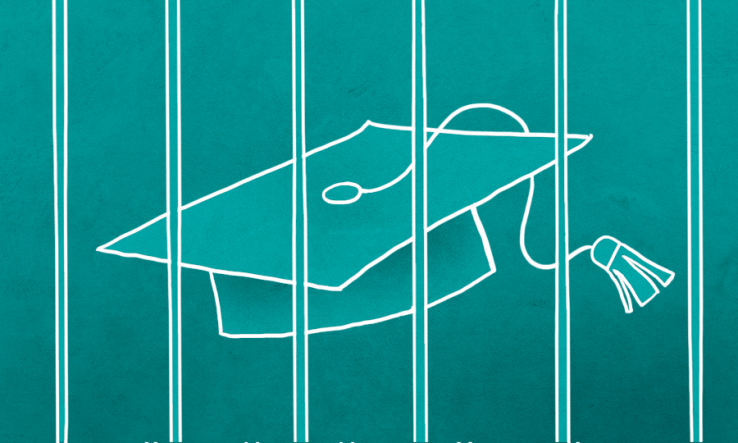
EU-funded report says new national-level initiatives should be created to help those at risk
More at-risk academics are being left without enough help because a rise in international crises has not been matched by an equal rise in support, an EU-funded project has reported.
The report, published on 29 April by the Inspireurope+ project, says that “numerous international crises have recently resulted in an increasing number of applications for assistance from at-risk scholars”.
This has not been matched by sufficient increased support, so the “gap between the number of applications and the funding available for [supported] positions has increased since the last Inspire Europe report on national-level initiatives was published in 2021”.
Inspireurope+ is a project funded under the EU’s Marie Skłodowska-Curie Actions scheme for supporting researcher mobility. It is coordinated by Scholars at Risk Europe, which is part of an international network of higher education institutions working to protect at-risk academics.
Based on data from 15 European countries, the report is intended to share knowledge between those already active in the field while encouraging the development of new national-level support initiatives.
More initiatives needed
The report recommends the creation of additional support initiatives, including scholarship placements to support researchers and their families.
It highlights government-backed programmes such as the Philipp Schwartz Initiative in Germany, managed by the Alexander von Humboldt Foundation, and the Pause programme in France, administered by the Collège de France, as examples of reliable long-term schemes that other states should follow.
Belgium, Greece and Poland have created programmes or organisational structures to provide extra support, it says, but adds that many initiatives across Europe have been set up as one-off funding opportunities.
“The shortage of dedicated funding for positions or fellowships for researchers at risk, which [was] observed already in 2020, clearly persists,” it says.
The report also provides guidance on practical matters for setting up support schemes, such as that there is a need for patience and persistence and that there are benefits to drawing on existing expertise.